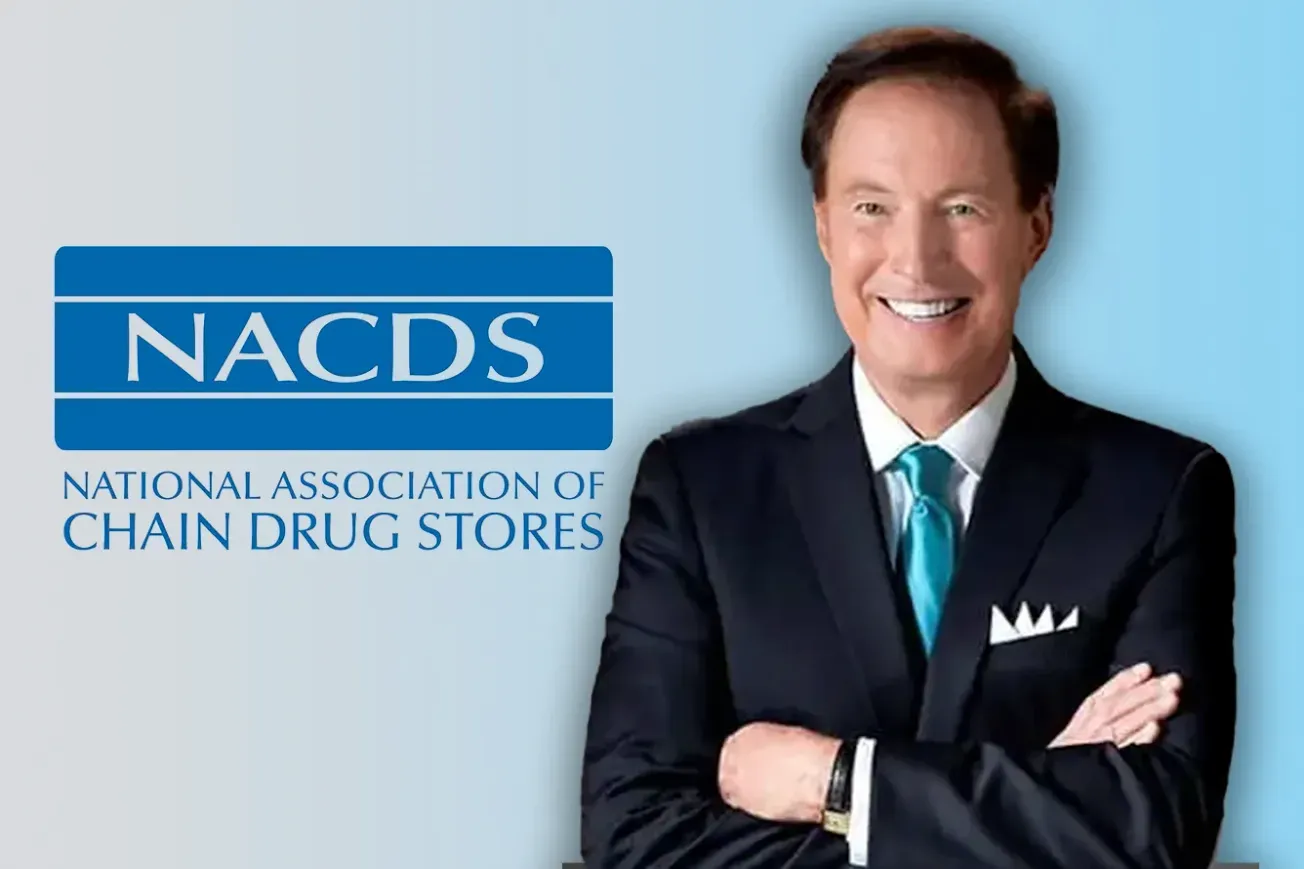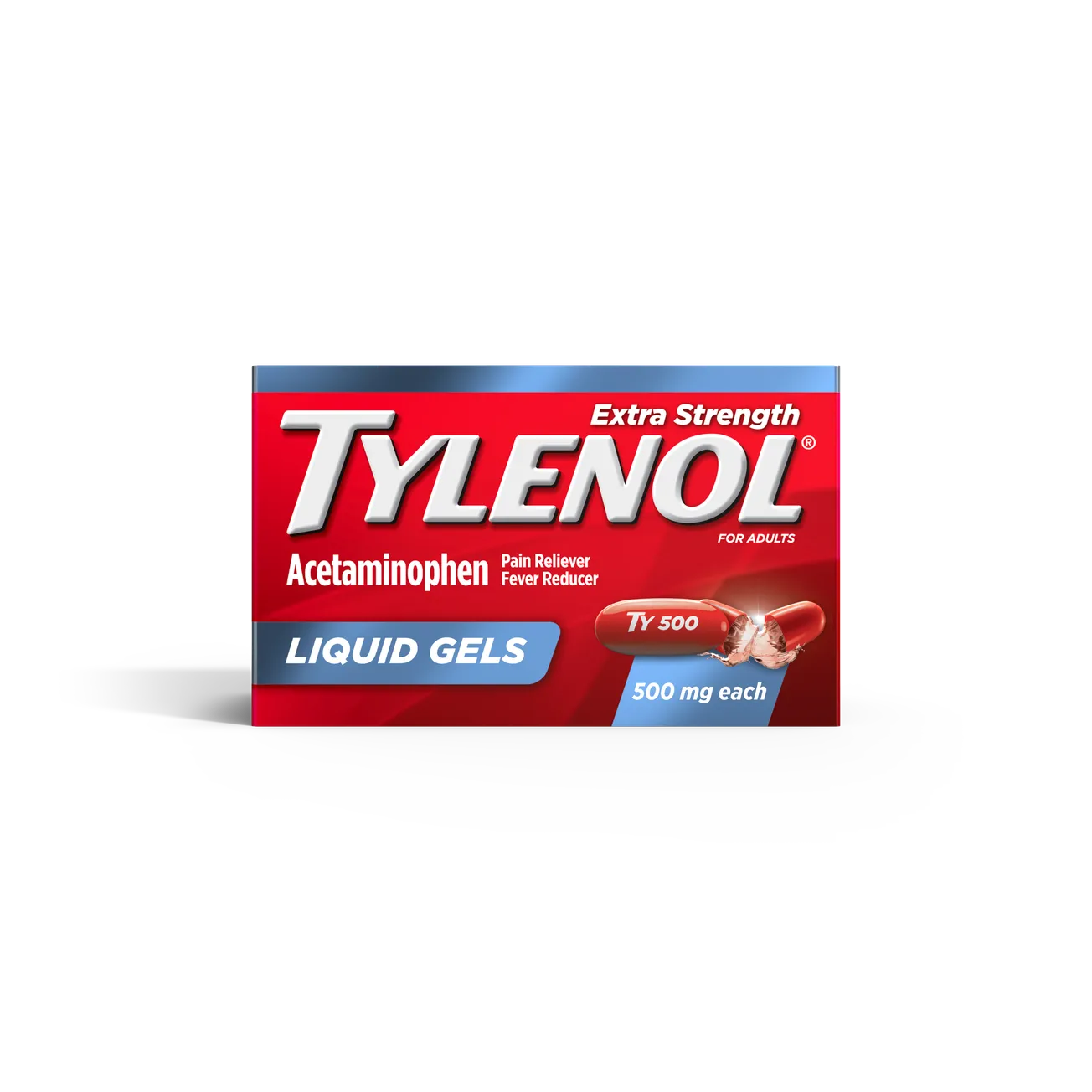WASHINGTON — The Request for Information (RFI) issued by the Federal Trade Commission (FTC) and the Department of Health and Human Services (HHS) is the latest in the ongoing dialogue between policymakers, regulators and healthcare supply chain leaders about the root causes of drug shortages — and solutions required to avoid future supply disruptions and their far-ranging impact on patients. HDA will respond to the RFI detailing how our industry operates and the important role it plays in managing and mitigating drug shortages.

Pharmaceutical distributors ensure the safe and efficient movement of 10 million medicines, healthcare products and other critical supplies from approximately 1,500 manufacturers to nearly 330,000 frontline providers, pharmacies, hospitals and other sites of care on a daily basis. In this capacity, we are committed to building and sustaining a resilient supply chain through contracts with stable and reliable manufacturer partners.
Drug shortages present a complex and multifaceted challenge. Shortages tend to be in the generic (84 percent) and sterile injectable (67 percent) drug classes. Most drug shortages occur for three reasons: market-wide supply constraints, product-specific issues, and reimbursement and market access limitations. Common causes within these primary areas include sourcing or manufacturing limitations, natural disasters, market economics, changes in prescribing or patient demand patterns, and product discontinuation.
It should be noted that a Food and Drug Administration (FDA) analysis found that 62 percent of drugs in shortage were due to either manufacturing production or quality issues. Manufacturing and quality issues still persist; just recently, another large multinational generic manufacturer announced it halted production of a number of medicines stemming from a recent FDA inspection of one of its manufacturing facilities.
When shortages do occur, distributors actively work to mitigate the impact on patients and healthcare providers. Our industry regularly monitors for spikes in demand or dips in availability for products and proactively communicates with manufacturers, industry provider partners and regulators. To prevent seasonal-related drug shortages, distributors work with manufacturers well in advance to help forecast demand for medicines and take the risks that accompany each season. When demand or supply shortages necessitate, our members identify and substitute safe and effective products as well as individually deploy allocation programs to create safeguards for products in high demand and help prevent overstocking by customers due to their fear of market shortages. The bottom line is that our industry is successful only when products are moving, pharmacy shelves are full — and, critically, patients have the medicines they need.
As demonstrated by our industry’s recent testimony before the House Ways and Means and Energy and Commerce Committees, HDA and our healthcare distributor members are eager to provide our ongoing perspective and ready to partner with legislators, regulators and leaders across the supply chain on real solutions to this complicated challenge. By leveraging our collective experience and capabilities, we can build an even stronger and more resilient pharmaceutical supply chain for patients.







